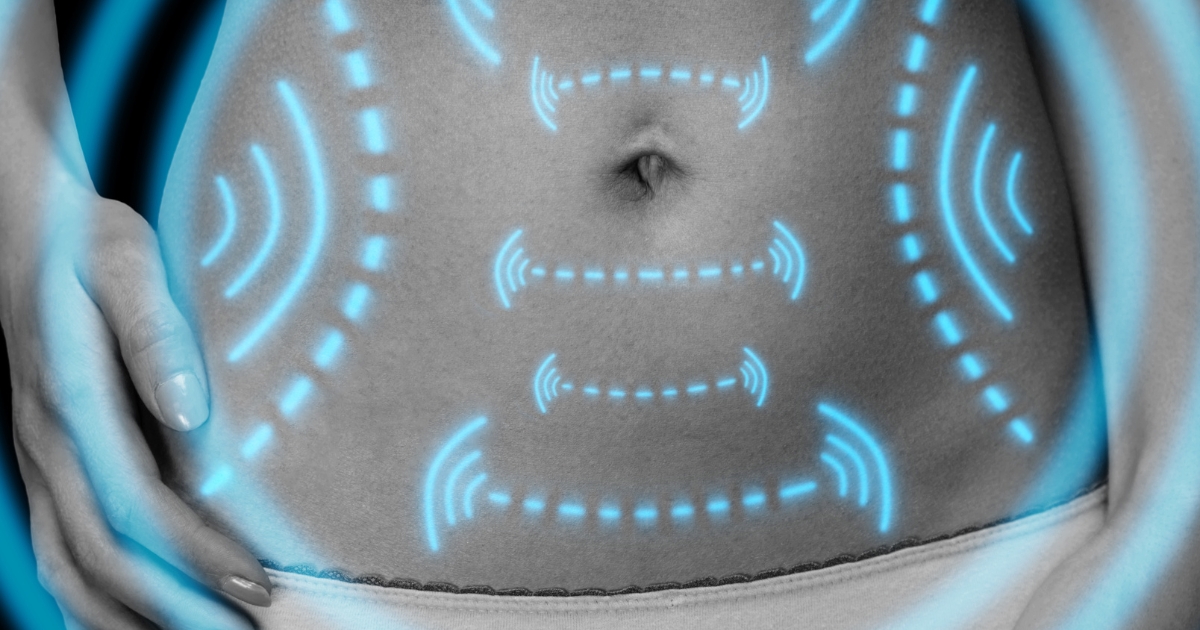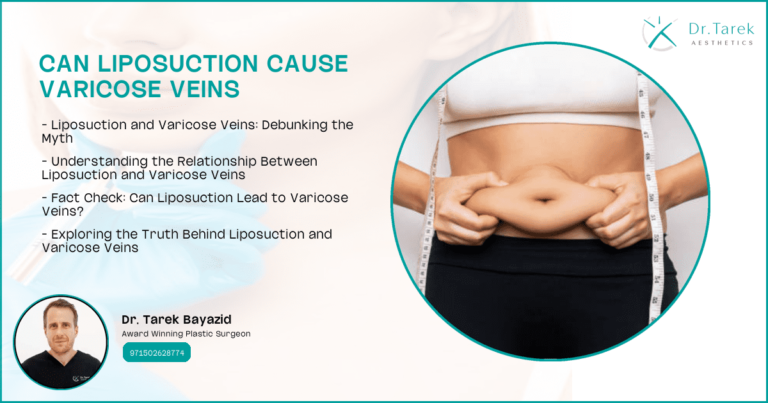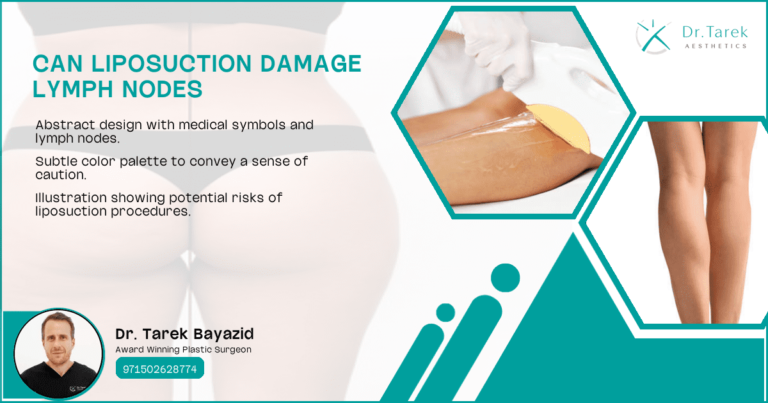Liposuction, a popular cosmetic procedure that improves body contour by removing stubborn fat deposits, can be influenced significantly by various lifestyle factors. One such factor of utmost importance is alcohol consumption. This article thoroughly explores the intricate relationship between liposuction and alcohol, shedding light on potential risks and proposing essential restrictions that must be observed for optimal outcomes.
Introduction to Liposuction: The Procedure and Its Goals
Liposuction surgery aims to eliminate excess fat deposits and enhance body contour. It employs suction to extract fat from specific body areas, including the abdomen, hips, thighs, arms, or neck. It’s important to note that while liposuction is a popular choice for reducing fat, it should not be considered a weight loss or obesity treatment.
- Liposuction primarily targets stubborn fat pockets resistant to diet and exercise.
- Having realistic expectations is important, as liposuction is meant to enhance body contour, not deliver drastic weight loss.
- While liposuction can lead to notable changes, maintaining results requires a healthy lifestyle.
What is Alcohol’s Role in the Body: Metabolic Processes and Implications
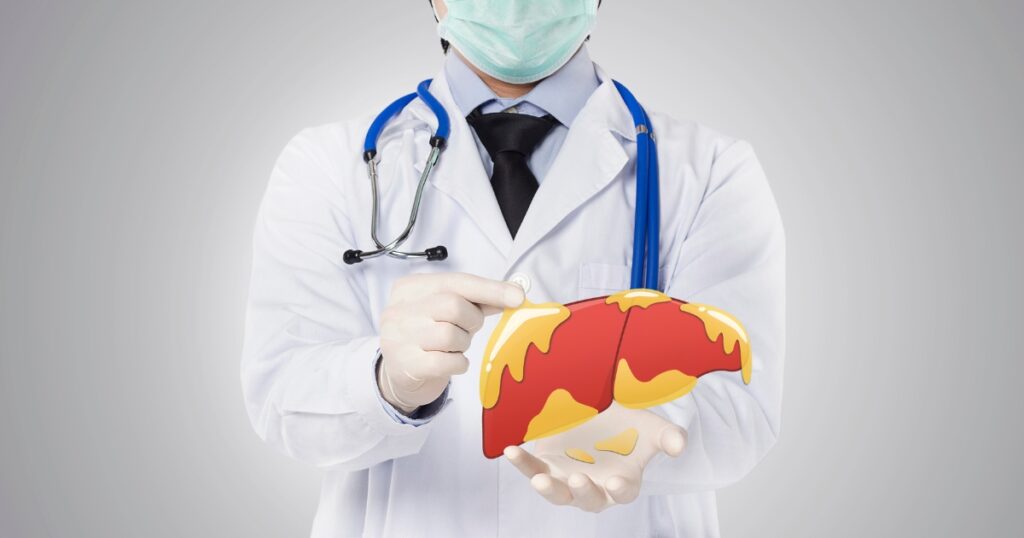
Alcohol, once consumed, undergoes breakdown in the liver. This process produces acetaldehyde, a toxic compound that can harm various body systems. The regular and excessive intake of alcohol can impair liver function, giving rise to numerous health issues. Moreover, it directly hampers nutrition absorption, potentially impacting recovery following surgery.
- Alcohol metabolism occurs primarily in the liver through enzymatic processes. Two key enzymes involved in this process are alcohol dehydrogenase (ADH) and cytochrome P450 2E1 (CYP2E1). They combine to convert alcohol into acetaldehyde, a harmful and cancer-causing compound. Subsequently, another enzyme called aldehyde dehydrogenase (ALDH) further breaks down acetaldehyde into acetic acid, a less harmful substance.
- Liver Damage: Continuous alcohol consumption can result in various liver diseases. These include fatty liver, alcoholic hepatitis, and ultimately cirrhosis. As a result of these conditions, the liver’s ability to detoxify the body and process nutrients is significantly improved. This impairment can lead to potentially life-threatening complications.
- Nutrient Absorption: Alcohol consumption can hinder the absorption of vital nutrients in the gastrointestinal tract, affecting the body’s ability to obtain necessary vitamins and minerals like vitamin B1, folic acid, and zinc. These essential nutrients are crucial for maintaining normal bodily functions.
- Implications for Surgery: Excessive alcohol use may complicate post-operative recovery due to malnutrition, weakened immune function, and increased risk of infection. It may also affect wound healing and increase the risk of postoperative complications.
- Effects on Other Metabolic Processes: Alcohol’s metabolism in the body can have various effects. It increases the NADH/NAD+ ratio in the liver, leading to metabolic disturbances like lactic acidosis, hypoglycemia, and hyperuricemia. Additionally, alcohol induces oxidative stress, causing cellular damage and inflammation.
- Interaction with Medications: Alcohol can interact with various medications, which may alter their effectiveness or increase the occurrence of side effects. This interaction is particularly relevant for medications that undergo metabolism in the liver, as alcohol and these drugs can compete for the same metabolic pathways. Consequently, this competition has the potential to lead to toxic effects.
- Brain Function and Neurotransmission: When a person consumes alcohol, it affects the communication between nerve cells in the brain. This, in turn, leads to changes in mood, behaviour, and how our brain functions. Over time, chronic alcohol use can result in physical dependence and cause severe withdrawal symptoms if someone stops drinking abruptly
- Alcohol and Cancer: Chronic heavy drinking poses a risk for various types of cancer. These include mouth, throat, oesophagus, liver, colon, and breast cancer. This heightened risk is partly attributed to the carcinogenic properties of acetaldehyde and the oxidative stress induced by alcohol metabolism.
The Connection Between Alcohol and Liposuction: A Comprehensive Overview
Alcohol consumption significantly impacts the outcomes of liposuction, both directly and indirectly. Directly, it can impede anaesthesia effectiveness, contribute to increased bleeding, and hinder wound healing. Indirectly, it may affect post-operative weight gain and the ability to sustain desired results.
Book A Consultation With Dr Tarek Bayazid
Top-rated Plastic Surgeon For Liposuction in Dubai
Installment Plan Available
| Topic | Description |
| Alcohol and Anaesthesia | Alcohol can interact with anaesthetics used during liposuction, potentially leading to complications. Alcohol may alter the body’s response to anaesthesia, increase its side effects, or prolong recovery from anaesthesia. |
| Alcohol and Bleeding | Alcohol is a blood thinner and can increase the risk of bleeding during and after liposuction. This can complicate the procedure, prolong the healing process, and potentially increase the risk of infection. |
| Alcohol and Wound Healing | Alcohol consumption can impair the body’s ability to heal itself. It can slow down the wound healing process, increase the risk of scar formation, and lead to prolonged recovery periods post-liposuction. |
| Alcohol and Post-Operative Weight Gain | Regular alcohol consumption contributes to weight gain due to its high-calorie content. Post-operative weight gain can negatively affect liposuction results, as new fat cells can develop in areas not treated by the procedure. |
| Alcohol and Maintaining Results | To maintain the results of liposuction, it’s crucial to adopt a healthy lifestyle, which includes limiting alcohol consumption. Alcohol can contribute to fat accumulation and weight gain, potentially undermining the benefits of liposuction. |
| General Advice | patients must discuss their alcohol consumption habits with their surgeon before liposuction. Patients are generally advised to abstain from alcohol before and after the procedure to ensure optimal outcomes. |
Pre-operative Alcohol Consumption: How It Affects Liposuction Candidates
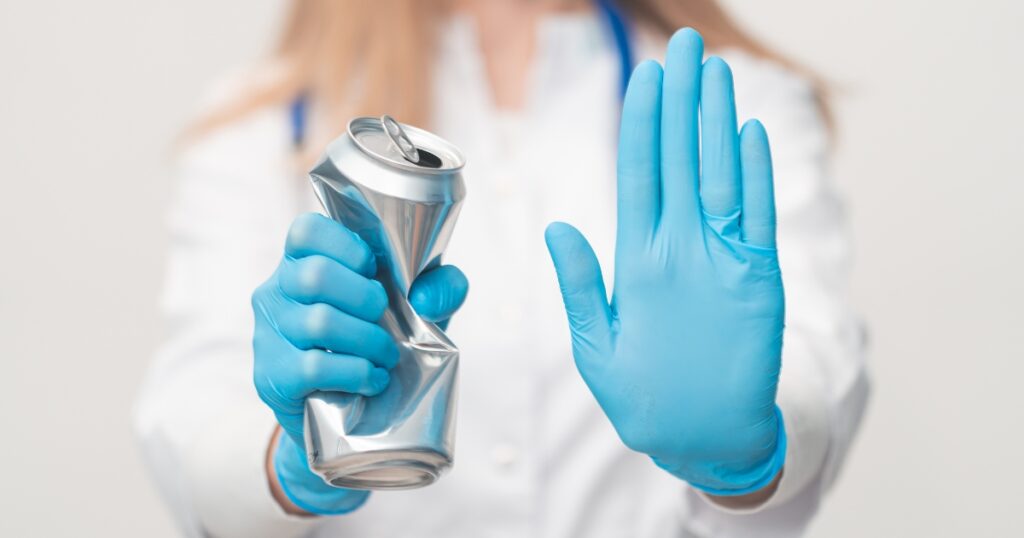
Alcohol consumption before liposuction surgery can increase the likelihood of complications during and after the procedure. It heightens the patient’s sensitivity to anaesthesia, posing challenges for the medical team in managing it effectively. Moreover, alcohol possesses properties that thin the blood, resulting in elevated bleeding risks throughout the operation.
- Patients are generally advised to avoid alcohol consumption for a few weeks before the surgery to avoid complications.
- Excessive pre-operative alcohol use can increase the risk of anaesthesia complications, making the procedure potentially dangerous.
- Alcohol’s blood-thinning properties can increase intraoperative bleeding, complicating the liposuction procedure.
See related: Cost of liposuction in Dubai
Alcohol’s Impact on Anesthesia: Risks for Liposuction Patients
Alcohol and anaesthetics can interact, which increases the risk of complications during surgery. Individuals who regularly consume alcohol may experience heightened sensitivity to anesthesia, necessitating careful monitoring and dosage adjustments. Moreover, the sedative effects of alcohol can intensify the impact of anesthesia and potentially prolong recovery periods.
| Outcome | With Regular Alcohol Consumption | With Controlled/No Alcohol Consumption |
| Weight gain | High risk due to high caloric content | Low risk with a balanced diet and exercise |
| Body contour | Can become uneven due to altered fat distribution | Better maintenance of improved contour post-liposuction |
Post-operative Alcohol Consumption: Potential Complications for Liposuction Recovery

Drinking alcohol following a liposuction procedure can adversely affect the recovery process. It can impede proper healing, increase the vulnerability to infections, and contribute to swelling in the postoperative phase. Moreover, alcohol acts as a diuretic, leading to dehydration that might further delay the healing process.
| Complication | Impact on Liposuction Recovery | How Alcohol Contributes |
| Impeded Healing | Slows down the overall recovery time | Alcohol can interfere with the body’s ability to heal itself after surgery |
| Increased Infection Risk | Raises the potential for post-operative infections | Alcohol weakens the immune system, making the body more susceptible to infections |
| Enhanced Swelling | This leads to discomfort and a longer healing process | Alcohol can lead to fluid retention, thereby increasing swelling |
| Dehydration | Hinders the healing process | Alcohol acts as a diuretic, leading to increased urine production and potential dehydration |
Alcohol and Liposuction: Long-term Effects on Body Composition
Continuing to consume alcohol after undergoing liposuction can compromise the long-term effectiveness of the procedure. Alcohol is calorie-dense and contributes to weight gain, which cancels out the fat reduction achieved through surgery. Additionally, alcohol can potentially disrupt fat distribution in the body, leading to uneven body contours.
- The high caloric content of alcohol can lead to weight gain post-surgery, reducing the effectiveness of liposuction.
- Regular alcohol consumption can cause changes in the body’s fat distribution, possibly affecting the body contour achieved through liposuction.
- Maintaining a balanced diet and limiting alcohol consumption are key to preserving liposuction results.
Reducing the Risks: Strategies for Managing Alcohol Consumption Before and After Liposuction
Effective strategies to manage alcohol consumption before and after liposuction can reduce risks and promote optimal results. These strategies may involve creating a supportive environment, understanding triggers, establishing clear goals, and seeking professional assistance. By approaching the process with careful planning, patients can adhere to recommendations and enhance their surgical outcomes.
| Strategy | Description |
| Supportive environment | Surrounding oneself with people who support the goal of reducing alcohol intake |
| Understanding triggers | Identifying situations or emotions that incite the urge to drink |
| Setting clear goals | Creating measurable and realistic objectives to reduce alcohol intake |
| Seeking professional help | Consulting with medical professionals or therapists if controlling alcohol consumption becomes challenging |
In pursuing body contouring through liposuction, it is crucial to consider the surgical procedure itself and the responsible choices you make regarding your lifestyle. This includes your alcohol consumption. By understanding and managing your intake of alcohol, you have the power to significantly influence both the immediate results and long-term maintenance of your liposuction outcomes.
If you are ready to make these important lifestyle changes and achieve your desired appearance, book a consultation with Dr Tarek Bayazid. He is widely recognised in Dubai as an exceptional plastic surgeon specialising in facial rejuvenation and body contouring. Dr Tarek is licensed by the Serbian Medical Chamber and Dubai Health Authority, and he takes pride in being a member of prestigious organisations such as the International Society of Aesthetic Plastic Surgery (ISAPS) and the Melbourne Advanced Facial Anatomy Course (MAFAC). Regarding your aesthetic transformation, Dr Tarek is a reliable choice.
FAQs
How does alcohol consumption affect liposuction results?
Alcohol can have both direct and indirect impacts on the results of liposuction. It can increase sensitivity to anesthesia, causing potential complications during surgery, such as increased bleeding. Moreover, it may hinder the healing process following the procedure. In the long run, alcohol consumption can also lead to weight gain and disrupt the distribution of fat in the body, compromising the overall success of the liposuction treatment.
How long should I avoid alcohol before and after liposuction?
The recommended approach for a smoother recovery after surgery involves refraining from alcohol intake before and after the procedure, typically for several weeks. Individual circumstances and advice from your surgeon may lead to variations in the specific duration. Adhering to this guidance helps minimise potential complications and promotes optimal healing.
Can I drink alcohol in moderation after liposuction?
Moderate alcohol consumption may be acceptable after full recovery from surgery. However, it is crucial to remember that alcohol intake can contribute to weight gain and potentially impact the long-term outcomes of liposuction. It is advisable to consult with your surgeon for personalised guidance on this matter.
Does alcohol affect all types of liposuction procedures in the same way?
When considering the type of liposuction procedure, the specifics may vary. However, the fundamental physiological impacts of alcohol on anesthesia, healing, and body fat remain consistent. Consequently, alcohol restrictions are generally applicable to all types of liposuction processes.
What are some tips for managing and reducing post-liposuction swelling?
Post-liposuction swelling is a common side effect, but it can be managed with a few simple steps. First, following your surgeon’s recommendation of wearing a compression garment is important. This can help reduce inflammation in the treated area. Second, maintaining a healthy diet and staying hydrated are key factors. Avoiding foods high in sodium can prevent fluid retention.
Additionally, engaging in light physical activities like walking can provide further relief. Finally, ensuring proper rest and sleep are crucial for optimal recovery. For more detailed advice on managing and reducing post-liposuction swelling, refer to our comprehensive guide: “Post-Liposuction Swelling: Tips for Managing and Reducing Inflammation.”
What are the key questions to ask my surgeon during the liposuction consultation?
Preparing for a liposuction consultation holds the utmost importance. It is essential to ask certain key questions during this process. These may include inquiries about realistic outcomes, the procedure itself, associated risks, recovery details, and post-treatment maintenance. For a comprehensive list of questions, kindly refer to our webpage on Preparing for Your Liposuction Consultation: Key Questions to Ask Your Surgeon.
How is superficial liposuction performed?
Superficial liposuction, as explained by Dr Tarek Bayazid, involves removing fat from the upper layers of the skin. This procedure can help enhance skin quality and tighten the treated area. It is performed under local or general anaesthesia, with small incisions for inserting a cannula to break up and remove the excess fat.
For a more detailed explanation, visit How is Superficial Liposuction Performed Explained by Dr. Tarek Bayazid.
What are the main differences between BodyTite and traditional liposuction procedures?
BodyTite and traditional liposuction are procedures for removing fat but differ in their approach. With liposuction, fat cells are physically extracted using a cannula, whereas BodyTite employs radiofrequency energy first to melt the fat cells before removal. Notably, BodyTite also offers the additional benefit of skin tightening. If you want to learn more about these procedures and their distinctions, we invite you to read our post on the Main Differences between BodyTite and Liposuction Procedures.
How can I maintain fat in my body after liposuction surgery?
Maintaining a stable weight post-liposuction is crucial for preserving the surgery’s results. A balanced diet and regular exercise can help. It’s also important to follow your surgeon’s post-operative care instructions, which will likely include tips for maintaining your new physique. Read more about this in our detailed guide on How to Maintain Fat in Your Body after Liposuction Surgery.

